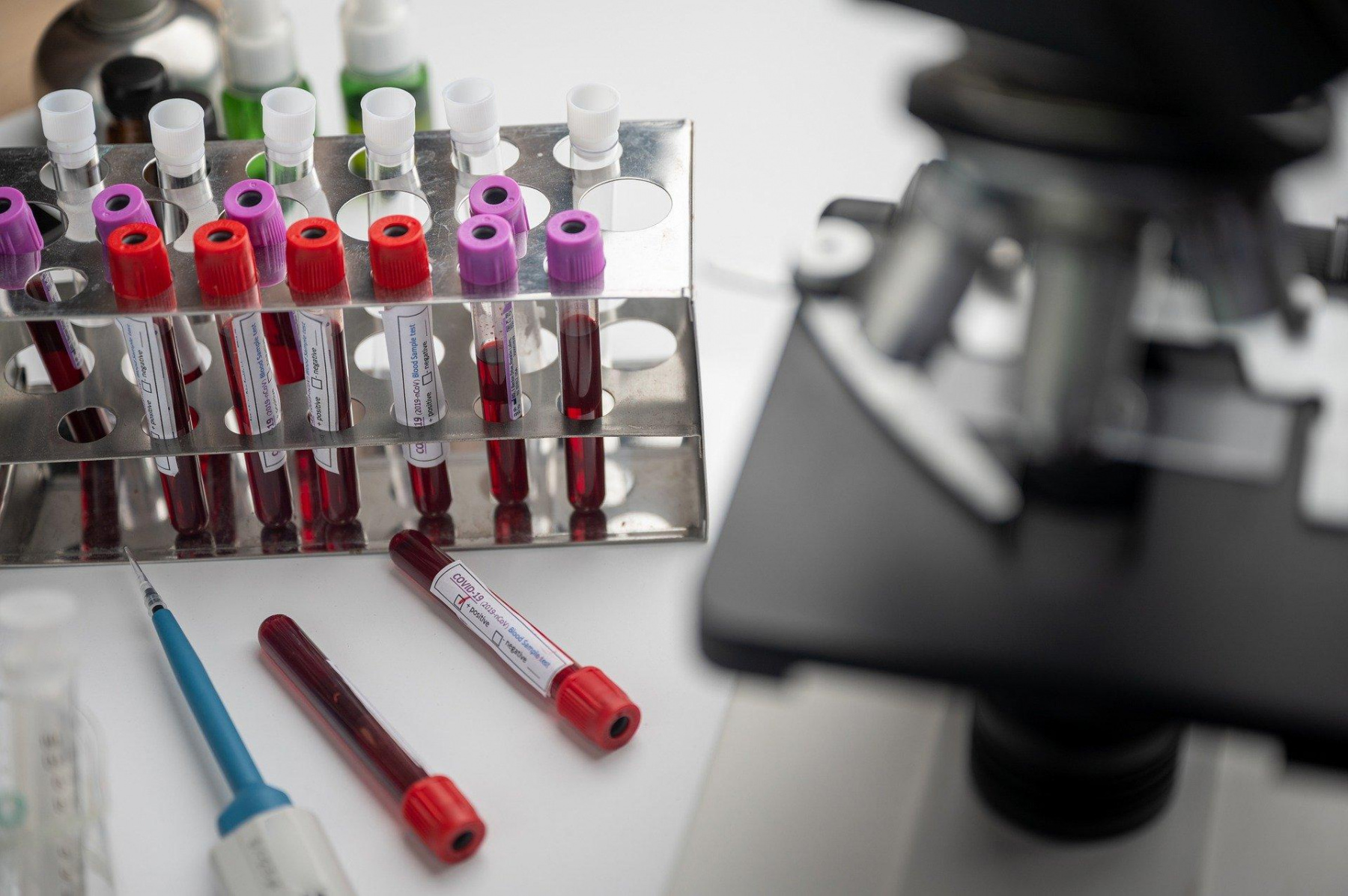The Russian Health Ministry has given the green light to the clinical trials of what it has dubbed the "light vaccine" against Covid-19, the first component of the original two-dose version of Sputnik-V, describing it as a possible temporary solution to help countries with high infection rates combat the pandemic.
According to the ministerial register, a more basic version of the vaccine, dubbed "Sputnik Light", will be tested on 150 people in Moscow and St. Petersburg by the end of the year.
"The goal of the clinical trials is to evaluate safety, tolerance and immunogenicity of the Sputnik Light vaccine concerning the prevention of the coronavirus infection caused by the SARS-CoV-2 virus," TASS cited the register's website on Monday. "The trials began on January 8, 2021, and they will end on December 31, 2021."
Developed by the Moscow-based Gamaleya Research Institute of Epidemiology and Microbiology under the Russian Health Ministry, Sputnik-V was registered on August 11, becoming the first registered vaccine against Covid-19 in the world. Russia's first vaccine was named after the world's first satellite launched in 1957 by the Soviet Union during the space race. The vaccine is administered in two doses, with the two jabs to be administered three weeks apart.
Sputnik-V currently ranks among top-10 candidate vaccines finalizing clinical trials and the start of mass production on the World Health Organization’s (WHO) list. While the vaccine is yet to complete its third and final phase of testing involving some 40,000 volunteers, the Sputnik-V vaccine’s efficacy is confirmed at 91.4% based on data analysis of the final control point of clinical trials. The Sputnik-V vaccine efficacy against severe cases of coronavirus is 100%.
Meanwhile, the "light version" of the coronavirus vaccine, which is administered in a single dose, is said to provide less protection than the two doses but will still reach 85% efficacy. According to Alexander Gintsburg, the director of the state-run Gamaleya research center, the immunity after administration of the "Sputnik Light" is formed during three weeks and will remain for about 3-4 months.
Gintsburg mentioned that even if the vaccinated person becomes infected with the coronavirus after getting the jab, severe Covid-19 will not threaten him, since the causative agent of the virus will not descend into the lungs.
The one-dose version will, however, be used for export. The Russian Direct Investment Fund (RDIF), which financed the development of the two-dose Sputnik-V vaccine, said it was also financing clinical trials of "Sputnik Light." Kirill Dmitriev, the head of Russia's sovereign wealth fund, which is responsible for marketing Sputnik-V abroad, pointed out Monday that the one-dose vaccine can serve as an effective temporary solution for many countries experiencing very high death tolls caused by coronavirus, while a traditional two-component inoculation will be used in Russia.
Last month, Russia shipped 300,000 doses of the Sputnik-V vaccine to Argentina, which is considered Russia's first major international vaccine delivery. The shipment was made up only of the first component of the two-shot vaccine.
Moscow also sent batches of its vaccine to Belarus, Serbia and announced that 2.6 million doses will be supplied to Bolivia. In addition, Russian-made Sputnik-V will be the first coronavirus vaccine delivered to Palestine, making it the first country in the Middle East to approve the main Russian vaccine against Covid-19. RDIF's informed on Monday that Palestinian authorities registered the vaccine under the emergency use authorization procedure, with delivery planned for the first quarter of this year.
Some 800,000 Russians have been vaccinated with the original two-dose version of Sputnik-V and 1.5 million doses had been distributed, according to Russian Health Minister Mikhail Murashko.
The deadly virus, which was first identified in Wuhan, the capital of China’s Hubei province, has so far claimed over 1.9 million lives globally, according to an interactive map from Johns Hopkins Center for Systems Science and Engineering, while the number of worldwide coronavirus cases has now reached 92.1 million.







 Armenian sappers commenced on Monday mine-clearance operations in the territories adjacent to the Saint Mary Church in village of Voskepar (Armenia...
Armenian sappers commenced on Monday mine-clearance operations in the territories adjacent to the Saint Mary Church in village of Voskepar (Armenia...
 Iran and Pakistan have signed eight cooperation documents in various fields, and agreed to strengthen ties to fight terrorism in the region.
Iran and Pakistan have signed eight cooperation documents in various fields, and agreed to strengthen ties to fight terrorism in the region.
 President Aliyev emphasized the critical role of the North-South Transport Corridor in fostering transport cooperation between Azerbaijan and Russi...
President Aliyev emphasized the critical role of the North-South Transport Corridor in fostering transport cooperation between Azerbaijan and Russi...



